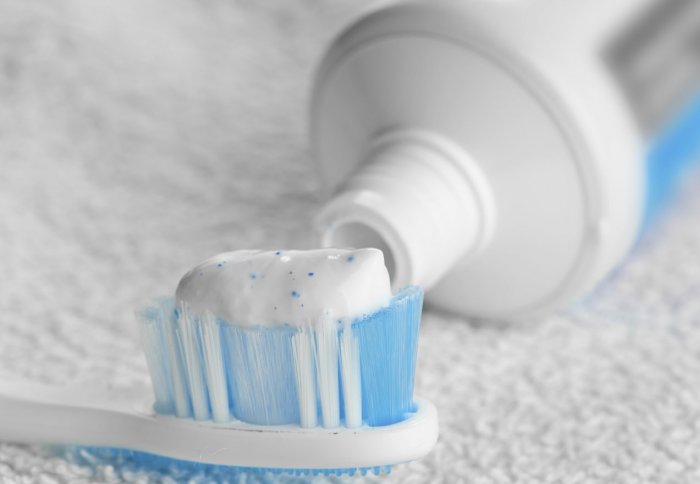Microbeads ban would be "just the tip of the iceberg", says Imperial researcher
by Simon Levey

MPs have recommended a UK-wide ban on the use of plastic microbeads in cosmetic products, on the evidence they cause damage to marine environments.
Cosmetic companies regularly use plastic microbeads in everyday products like exfoliating scrubs, toothpaste and shaving gel for their abrasive properties. Washed down the drain, these tiny pieces of plastic often end up in the ocean, potentially harming marine life.
We need to close our waste systems and stop all plastic from ending up in our oceans
– Dr Erik van Sebille
Dr Erik van Sebille, Grantham Lecturer in Oceanography and Climate Change at Imperial College London, was an expert witness for the UK Parliament’s Environmental Audit Committee in May. He explained that while microbeads make a very small contribution to the amount of plastic pollution in the ocean, a ban would be an important first step in addressing this global problem, and send a powerful signal to companies and the public that it is being taken seriously.
The Committee's report, released today, calls for Government to legislate for companies to bring forward a voluntary ban on microbeads by 2020 to a compulsory ban by the end of 2017, and introduce a clear labelling scheme for products so consumers can make informed choices.
"A ban would be a great first step, but at the same time microbeads are just the tip of the iceberg", said Dr van Sebille today.
The volume of plastic pollution on coastlines and in the deep ocean around the world has become a growing cause for concern amongst the public, environmental groups and researchers. However, the scale and breadth of the problem is yet to be fully documented by scientists.
Microplastic pollution also comes from the fragmentation of larger pieces of plastic waste, small synthetic fibres from clothing and the microbeads used in cosmetics and other products. It is estimated that as much as 86 tonnes of microbeads are released into the environment every year in the UK from facial exfoliants alone, although between 80,000 & 219,000 tonnes of microplastics enter the marine environment across Europe per year.
Dr van Sebille is clear that stopping any plastic from entering the ocean in the first place is the most effective and prudent way to deal with the ocean plastic pollution problem.
"Beyond microbeads, there is so much more plastic entering the ocean every year from packaging, clothing and building. We need to close our waste systems and stop all plastic from ending up in our oceans", he said.
How plastic pollution affects wildlife and the health of the ocean depend on where exactly it ends up, and Dr van Sebille’s research at the Grantham Institute focuses on how ocean currents move plastics around.
"With a greater understanding of how plastic travels and where in the ocean the plastic does most harm, actions to tackle ocean plastic pollution can be targeted much more effectively. A microbead ban, however, will be a powerful signal that a concerted effort has begun," he said in a statement earlier this year.
The US banned the use of microplastics in cosmetic products in December last year.
Article text (excluding photos or graphics) © Imperial College London.
Photos and graphics subject to third party copyright used with permission or © Imperial College London.
Reporter
Simon Levey
Communications Division